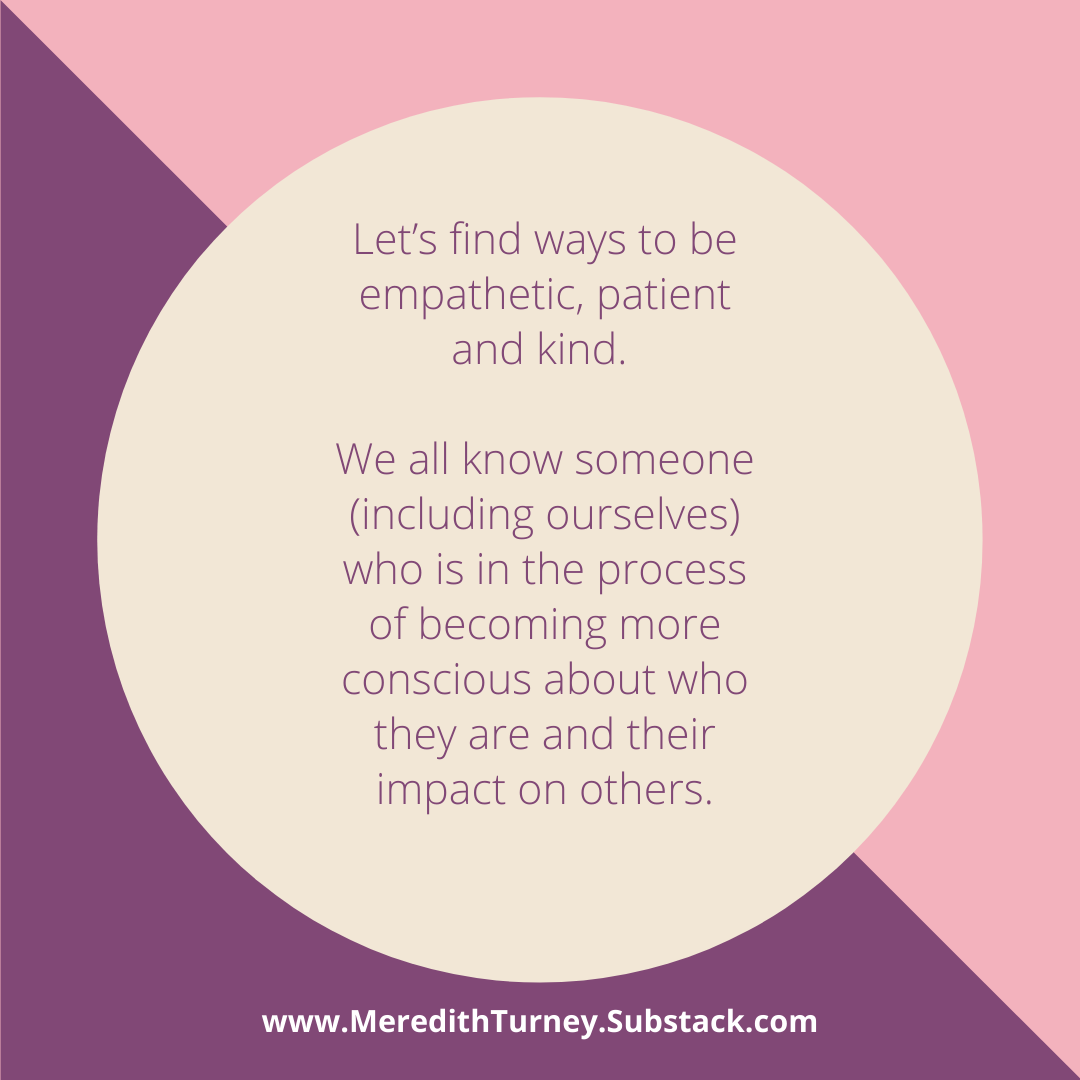Last week comedian and podcaster Joe Rogan posted a video apologizing for his past use of a racial slur on his program. A video was circulating that complied all the times he had used the term. Unfortunately, the video didn’t show how Rogan used the term in the context of a larger discussion about its meaning and impact in society, and never as an actual slur against any person or race.
Nonetheless, Rogan felt led to address the video and described how watching the compilation made him feel sick—even though he knew his intention in using the term during podcast conversations. But Rogan’s view of the word had evolved and he realized that he no longer wanted to use it even in an intellectual conversation about its history and purpose. So he shared how his thinking had shifted and apologized if he had unintentionally hurt anyone by using it in the past.
Rogan took responsibility for his actions and wanted to share his new awareness about using a racial slur in any context. He decided to publicly apologize in the hope that this would be a “teachable moment” for anyone else who may engage in similar behavior.
Rogan’s response is actually a good example of how we can grow as conscious leaders.
How many of us can say we’re the same person we were 10 years ago? Life is a process of growth. We become more conscious of mindsets and behaviors from our past that we now realize don’t represent our values or that could hurt others. It takes courage to publicly acknowledge how past mindsets and actions were based on our lower level of consciousness at that time.
What we’re currently lacking in society is the empathy and love necessary to let others share their growth process. It does not serve us to demonize someone for what they’ve done in the past, especially when they have apologized or realized they are no longer in that level of consciousness.
We’re living in a time where levels of consciousness are increasing exponentially. Things that were okay 10 years ago are now considered insensitive. It’s encouraging to see people recognize the impact they have on others, which is a key tenet of conscious leadership. But as we all grapple with increasing our awareness, we cannot allow the process to become a way to destroy someone who is themselves coming to terms with beliefs or actions stemming from a lower level of consciousness.
Instead, let’s find ways to be empathetic, patient and kind. Public figures like Joe Rogan, who are watched by millions of people, are particularly susceptible to these attacks. But we all know someone (including ourselves) who is in the process of becoming more conscious about who they are and how they influence others.
So let’s treat everyone—colleagues, family, public figures—with the same respect we’d want others to show us as we increase our own conscious leadership. Let’s take responsibility for the impact of our lower-conscious beliefs and behavior. And let’s have the courage to make our conscious growth a teachable moment for everyone who seeks to be a more conscious leader.
Work happy. Live happy. BE happy.
Meredith
P.S. If you’re interested in another teachable moment from the Joe Rogan situation, check out my friend Bob Ewing’s latest newsletter. He shares valuable insights on more conscious ways to respond to controversy and differing opinions.
The way we work and build teams is rapidly changing. Leaders often feel unprepared to navigate the transition. As a conscious leadership coach, consultant and communicator, Meredith helps leaders and their teams create new ways of working and relating so they can prepare for the future by consciously co-creating it.
Contact her to develop your conscious leadership and transform your organization into the workplace of the future.
You can support my work developing more conscious leadership in the world by investing in a paid subscription to this newsletter. Upgrade your subscription today!
Connect with Meredith on Instagram, Facebook, Twitter, and LinkedIn for content related to these topics.



